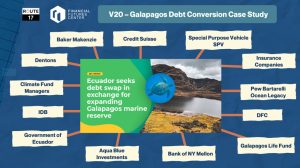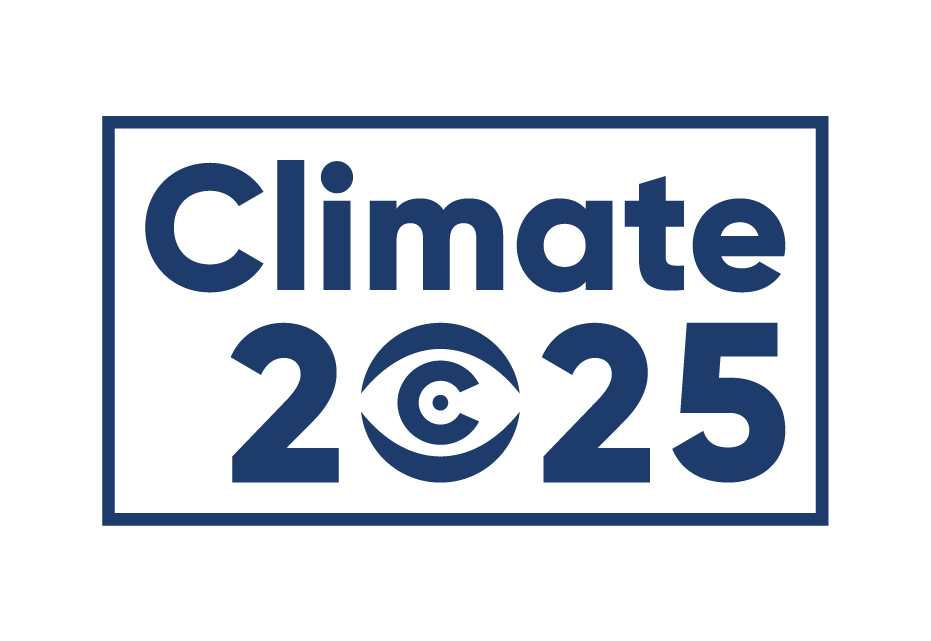In 2021, the Vulnerable Group of Twenty (V20) made a call for debt flexibility, invoking insufficient fiscal resources to finance responses to health and social crises caused by the COVID-19 pandemic as well as urgent investments in climate adaptation. The service of public debt crowds out crucial investments that countries require to climate-proof their economies and establish a resilient, sustainable and equitable recovery.
In a new technical paper for the Task Force on Climate, Development and the International Monetary Fund, Toby Melissa C. Monsod, Justin M. Muyot and Maria Socorro Gochoco-Bautista explore the extent of the problem claimed by the V20 by estimating short- and medium-term indices of fiscal sustainability, following Blanchard et al. (1990), defined as the gap between an economy’s current tax rate and the tax rate which, if constant, would enable the debt-to-GDP ratio to return to its initial level. If the gap is positive, it signals the need for increases in taxes or decreases in spending by an amount equal to the indicator itself. A climate change gap for the period 2021 to 2030 is also computed, indicating the fiscal adjustment that would be required to keep debt on a stable path, given anticipated adaptation and mitigation spending needs.
Key findings:
- Short-term and medium-term indices validate the disruption that 2020 had on fiscal policy sustainability. Short-term gaps increase by 7.5 percentage points in 2020 and imply a large average adjustment of 12.8 percent of GDP in increased tax revenues or decreased spending to immediately attain “sustainable” fiscal policy.
- Medium-term gaps worsen by an average of 5.8 percentage points, to 7.2 percent of GDP, when actual 2020 conditions are considered.
- Climate change gaps (CCG) are 11.7 percent of GDP on average but the distribution is positively skewed: 9 countries have CCGs greater than 20 percent of GDP, while 30 countries have CCGs less than 8 percent, of which 15 are negative. A negative CCG is not a bad thing: immediate increases in taxes or decreases in spending are not required for fiscal policy sustainability.
The last finding comes with a crucial caveat however. Estimated CCGs are likely to be significantly understated since cost estimates of climate change needs, especially adaptation needs, are incomplete. Thus, the authors emphasize the importance of more attention and technical resources directed at obtaining high-quality cost estimates of climate change needs.




